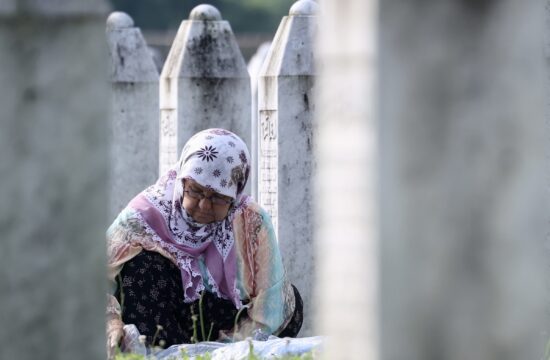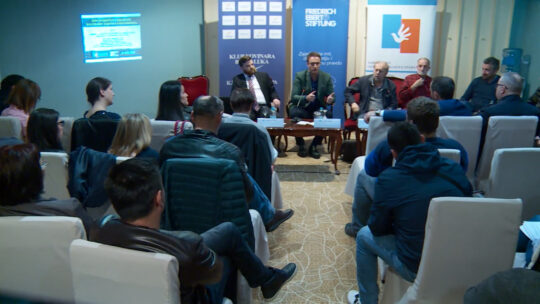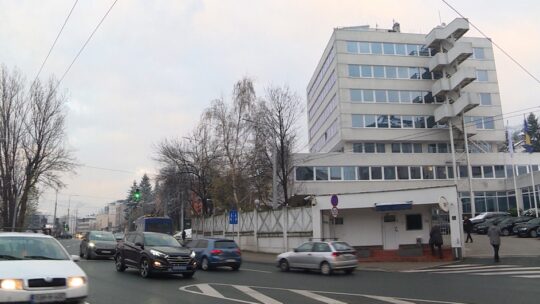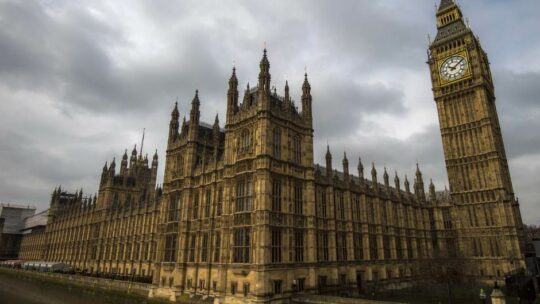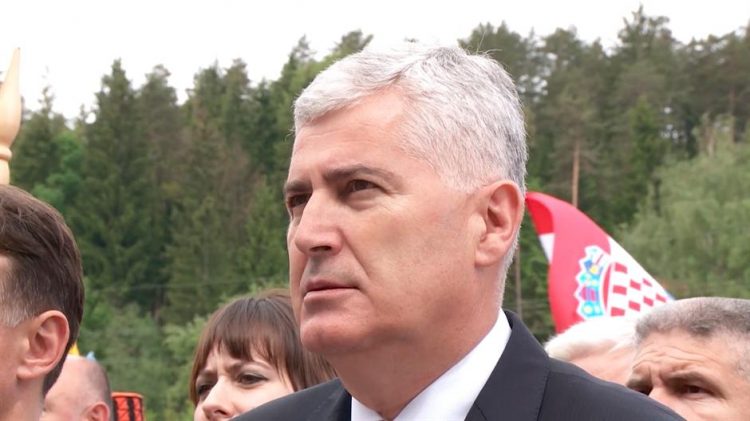
The absolute condition for the formation of power at the state and entity level in the Federation of Bosnia and Herzegovina (FBiH) entity is the change to the state Election Law, said Dragan Covic, the leader of the nationalist Croat Democratic Union (HDZ BiH), in his first statement after the general election in Bosnia and Herzegovina.
“The Election Law change must be made before we start looking for partners in parties with which we can make a new Reform Agenda which should define economic stability, legal security and bosnia’s European path,” Covic told Vecernji list daily. The Reform Agenda is a set of reforms which all levels of the Bosnian Government must implement prior to the beginning of Bosnia's EU accession talks.
Covic was the HDZ BiH’s candidate for the Croat member of Bosnia’s tripartite Presidency but lost to Zeljko Komsic from the centre-left Democratic Front (DF). When it comes to the HDZ BiH, the party was placed third in the semi-autonomous FBiH entity, just behind the Bosniak nationalist Democratic Action Party (SDA) and the left-wing Social Democratic Party (SDP).
In spite of this result, the FBiH and BiH governments cannot be formed because the state Constitution stipulates that governments must have a proportional number of representatives of all three constituent peoples – Bosniaks, Croats and Serbs. This means that no government can be formed without the HDZ BiH as the strongest Croat party in the country.
In his first media statement after the election, Covic said there must be no crisis in the country but that the condition for the government “is finding partners who would build a completely new Bosnia and new internal relations.” He also noted that the HDZ BiH has an equal approach towards all possible partners, including the SDA and the SDP.
He announced he would continue to send messages of unity, not just to Bosnia Croat, but also to Bosniaks and Serbs.
He said he honestly supports the partnership and a friendly relation “with our Bosniak friends.”
“I will never tire of that talk because that is the only way for Bosnia to function normally. We will wait for the final election results and until then we can agree with our friends on how to amend the Election Law so we would never have a situation where we don’t have our legitimate representatives after the election,” Covic added.
Two years ago the Constitutional Court of Bosnia and Herzegovina ruled that some provisions of the Election Law were inconsistent with the state Constitution. Since then the authorities have failed to act in the legally allowed timeframe resulting in a further court ruling to delete two sections of the Election Law that treat the matter of representation in the FBiH House of Peoples.

